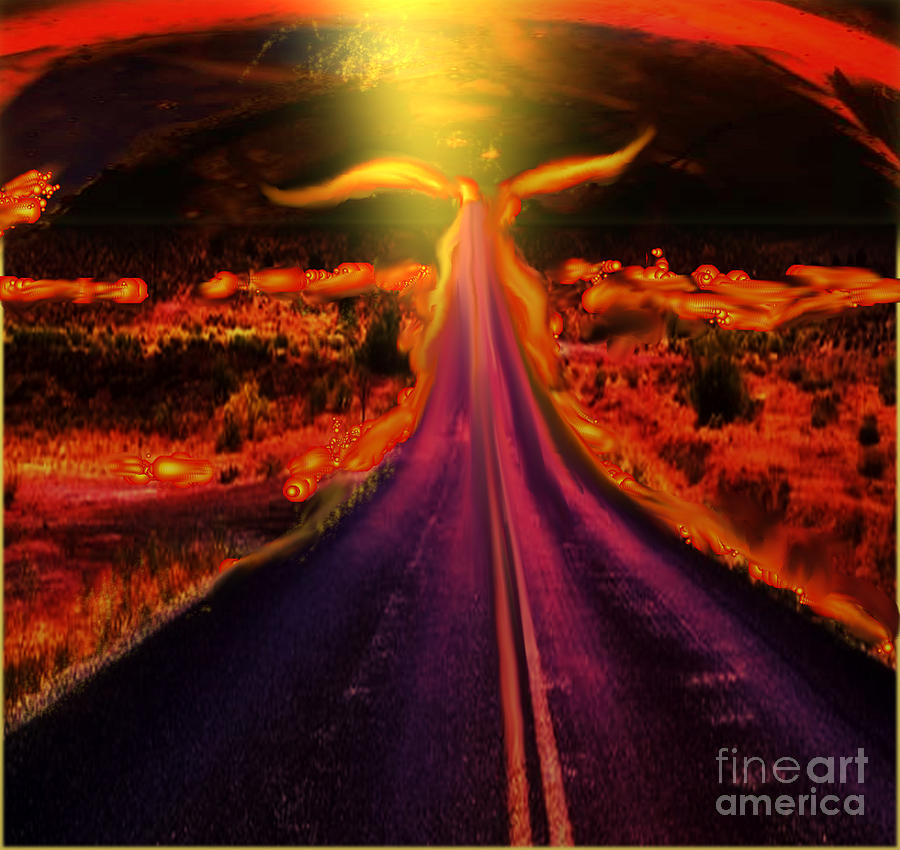



“Emissions from coal are growing faster than from any other fossil fuel. We have to see climate disaster as the result of fossil capitalism instead. Planetary ecocide is not the result of “human nature”. To describe it in such universalizing terms obscures the (ultra-rich) people who have benefitted from carbon emissions. This is a massive amount of money, but it is only about 1.2 percent of U.S. “Reducing emissions is simple. It entails about $200 billion of public and private investments in clean energy every year for twenty years.

Dayton Martindale argues that not only is this wrong, but it constrains the possibilities of a truly liberated ecosocialist future. The Anthropocene adds nature to the list of things we can no longer regard as natural, and makes it impossible to divorce nature from human influence. But can that influence be democratic?Ī recent book on climate change resurrects the antinomy between man and nature. So why has it become another technocratic tool of liberal bureaucracy? The Anthropocene challenges liberalism’s vision of permanent progress. In “It Was Not Supposed to End This Way,” Mann reveals how the relationship between liberalism and the Anthropocene is one of dialectical doom: while it is frequently picked up by “liberal modes of sense making“ he writes, “the Anthropocene actually can’t fit the narrative because it is proof that the end of liberalism is near. Today’s reading list wades deep into debates about how we should respond to such a time, asking questions like: Would climate engineering actually work? What would a green economy look like? Are divestment campaigns worth the effort? And how can we reconcile the emissions that coal produces with its promise of cheap and abundant energy for development?īut first, a trio of essays interrogate the very idea of the Anthropocene itself-including a brand new piece from Geoff Mann, co-author of Climate Leviathan. So, it’s no surprise that scientists are arguing that we have slipped out of the Holocene-the epoch that encompasses the last ten thousand years-and entered a new era: the Anthropocene, where humanity is the main force shaping the planet and nature can no longer be regarded as “natural.” July was officially the hottest month on Earth since records began. A reading list for our time of climate crisis.


 0 kommentar(er)
0 kommentar(er)
